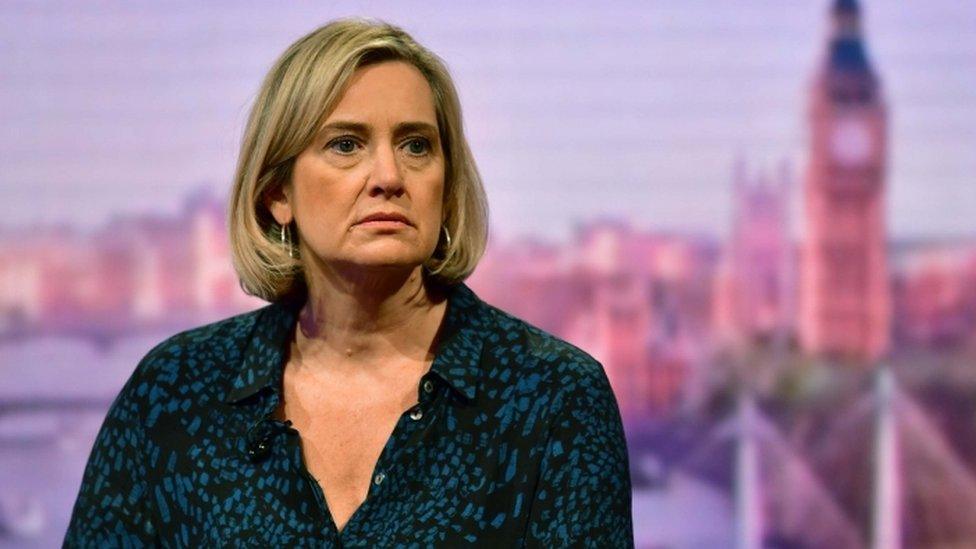Serious concern over universities, says free speech boss
- Published
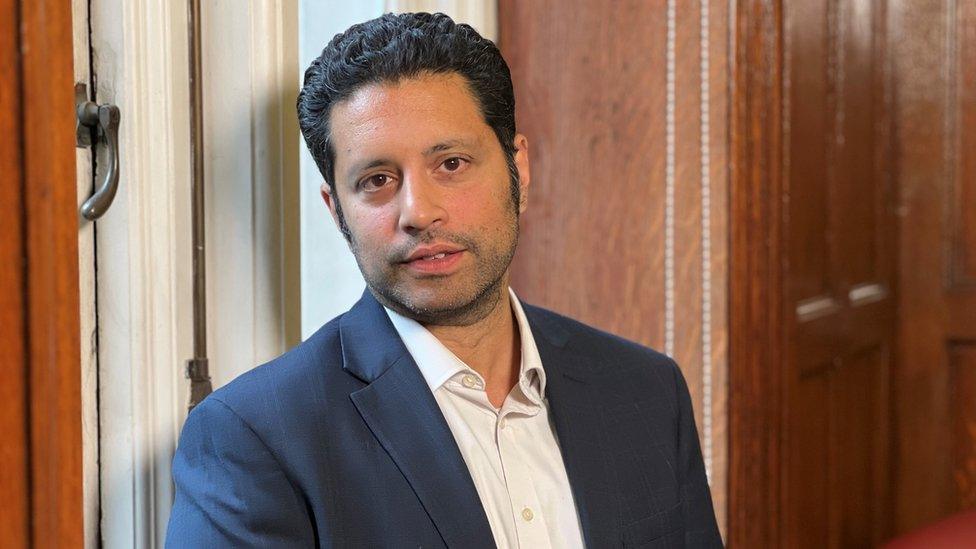
Arif Ahmed is the Office for Students' first director for freedom of speech and academic freedom
The stifling of free speech at English universities is a "serious cause for concern", the new free speech chief at the Office for Students (OfS) has told the BBC.
Prof Arif Ahmed pledged to defend all views after being appointed this year.
He said the UK had fallen significantly in an international index ranking academic freedom in the last 10 years.
His hiring follows several cases of "no-platforming", where a controversial speaker is banned from an event.
There was also a demonstration by hundreds of people outside a talk by gender-critical academic Prof Kathleen Stock at the Oxford Union in May.
Protesters said they were opposed to the use of the Oxford Union platform to express anti-trans views.
Prof Ahmed has said he would defend the right to peaceful protest, but made a distinction between peaceful and disruptive demonstrations.
Speaking to the BBC ahead of his first major speech in the new role, he said the OfS, which regulates the higher education system in England, was "completely politically neutral" when protecting free speech.
"I think there may be areas where there is serious cause for concern - and I want to emphasise that this comes from all sides of the political spectrum."
He said the breadth of concern about freedom of speech on campus ranged from fears about what people can say in classrooms to what people can research.
When asked if Rishi Sunak's view, expressed at the Conservative Party conference, "a man is a man and woman is a woman" should be expressed on campus, he said: "As long as a view can be legally expressed, such as that one, then yes, but so is the opposite."
Prof Ahmed added: "There is no question whatever that we have any interest in the culture wars - we don't - or that we have any interest in defending any one political side - we absolutely don't.
"On both sides of any issue, we will be equally vigorous in defending the free speech rights of students, academics and visiting speakers."
He also cited the UK's falling rank on the Academic Freedom Index, external, which has collected data on freedom of expression since 1900.
A new law, passed earlier this year, external, says universities now have a duty to "secure" and "promote the importance of" freedom of speech and academic expression. Higher education providers and student unions which fail to comply may face sanctions, including fines.
Prof Ahmed will also oversee a new complaints scheme for students, staff and visiting speakers, who could seek compensation if they suffer from a breach of a university's free speech obligations.
That complaints process will come into force next August, and is currently under consultation.
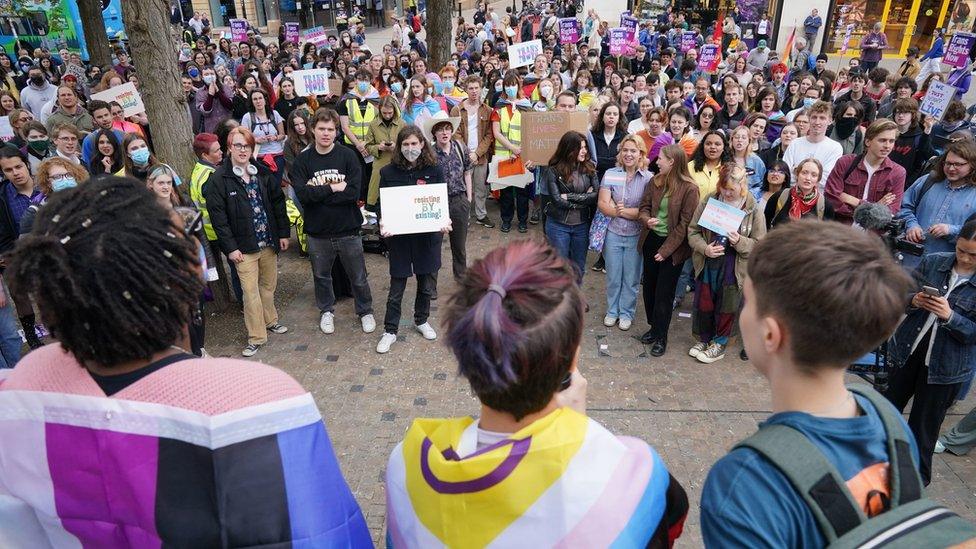
Protesters gathered in Oxford in May over an event involving gender-critical academic Prof Kathleen Stock
In his speech at Kings College London on Monday, Prof Ahmed is expected to say he will protect people who want to express their views on "Brexit... on statues, or pronouns, or colonialism, or abortion or animal rights, or Ulez".
Some speech, such as that which amounts to harassment or incites violence, is not protected by the law or by freedom of speech.
"You can speak or write as a Marxist, a post-colonial theorist, a gender-critical feminist or anything else - if you do it within the law," Prof Ahmed is expected to say.
He will add that freedom of speech allows people to consider different points of view, which makes it "fundamental" to a high-quality higher education: "For many students, university might be the only time in their lives when they have both the time and the relative freedom to embark on this exploration."

Sign up for our morning newsletter and get BBC News in your inbox.

Related topics
- Published1 June 2023
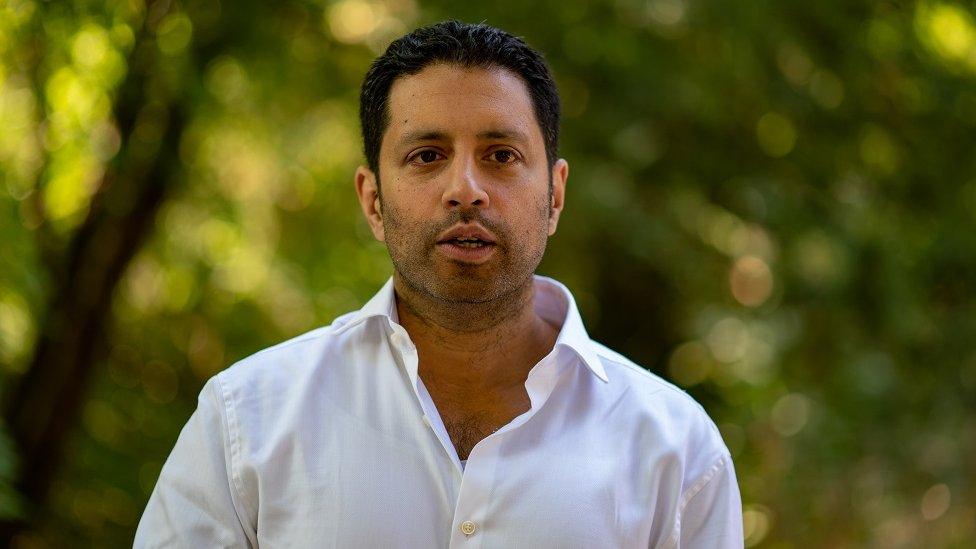
- Published30 May 2023
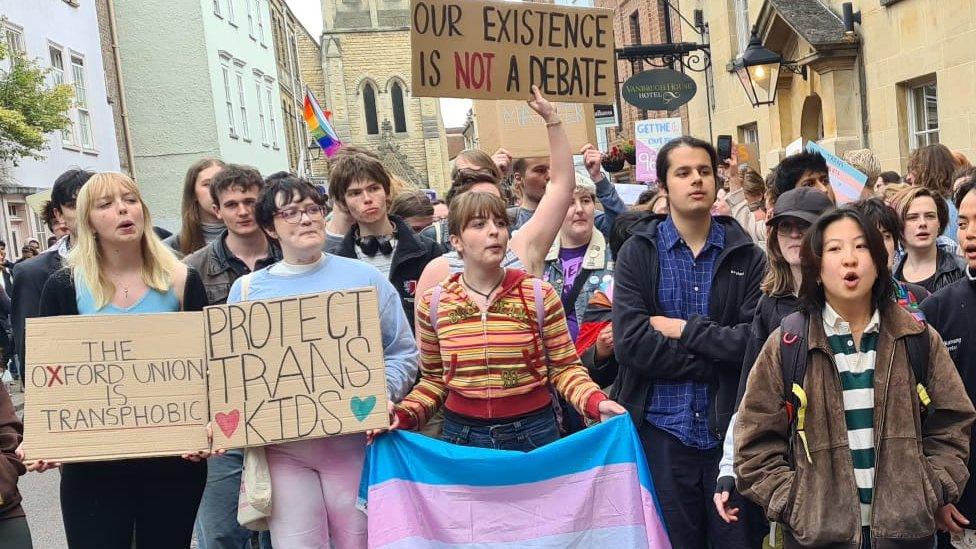
- Published12 May 2021
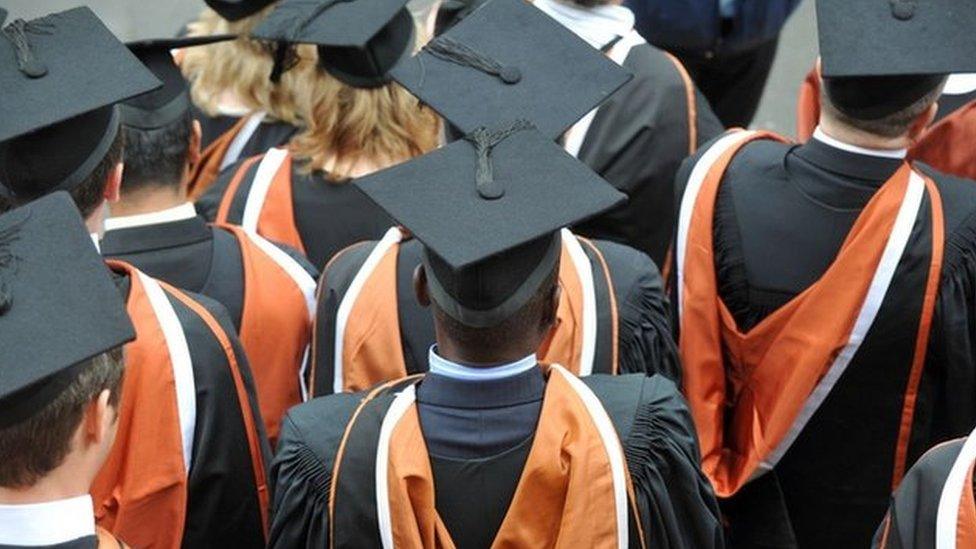
- Published6 March 2020
